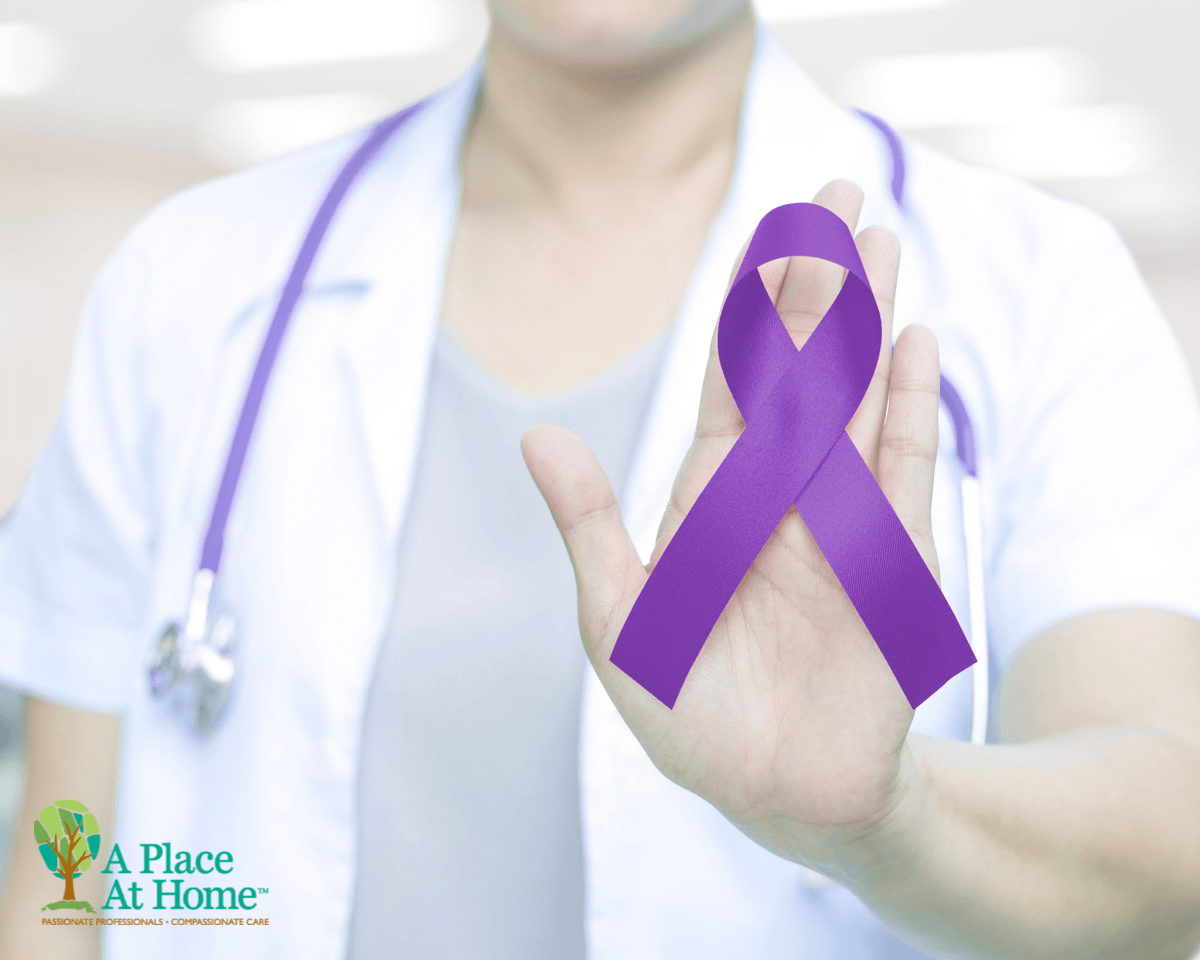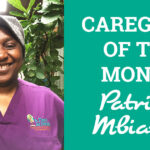
June 15th is World Elder Abuse Awareness Day.
This day was conceptualized in 2006 by the International Network for the Prevention of Elder Abuse to promote awareness and understanding of the prevalence of elder abuse across the globe. In this blog, we explain some signs of abuse, and what you can do if you see or suspect it’s happening.
Each year, an estimated 5 million older adults suffer some kind of abuse.
Some signs of abuse can be obvious and easy to spot. When an aging adult is being physically abused, you might see things like broken bones, bruises or welts, or cuts and scrapes. But there are less obvious signs of abuse in a lot of cases. Financial abuse or exploitation is a perfect example of this. There may be signs such as large sums of money missing from bank accounts. Or the senior may be “gifting” monetary compensation in exchange for companionship. Perhaps the senior no longer has access to their financial records and accounts. This particular type of abuse is one of the most common.
On average, older Americans lose 2.6 billion dollars a year to financial abuse and exploitation.
Along with financial abuse, neglect is another of the most common types of elder abuse. Physical signs of neglect include bed sores or pressure wounds, or a lack of necessary medical equipment. You may also notice a case of neglect if the senior has poor hygiene, or weight loss due to a lack of proper nutrition. Dehydration and unsafe living conditions are also indicators of neglect in aging adults. Neglect isn’t always intentional. If the individual doesn’t have a support network, the neglect may be circumstantial, but it still needs to be addressed.
Another type of abuse that doesn’t present physically is emotional abuse. If you notice your loved one’s caregiver speaks to them in a demeaning, dismissive, or aggressive way, if they don’t allow you to be alone with your loved one, or over explain concerns about injuries or social withdrawal, don’t brush it off. Be concerned. If you notice something, say something.
You might question what’s going on behind closed doors if your loved one seems hesitant to speak freely to you, if they seem withdrawn, or express new anxiety, depression, or fear.
If you find yourself questioning whether or not an aging adult is safe in their situation, there are things you can do to help. First, if the abuse or danger is immediate, call 911. If you’re not sure, but suspect abuse or neglect, call your local Adult Protection Services agency. You can make your report anonymously, and they will follow up with you once they’ve investigated the situation.
None of us ever want our loved ones to be in a situation where they are vulnerable to abuse. While it’s generally not possible to be with our parents or grandparents 24 hours a day, we do have the option of bringing in a caregiver to help. But you want to be sure that person is someone you can trust. At A Place At Home, all of our caregivers are fully vetted with background checks and drug testing, and are bonded and insured to ensure you can be confident in the safety and well-being of your loved one. To learn more, visit us here.






